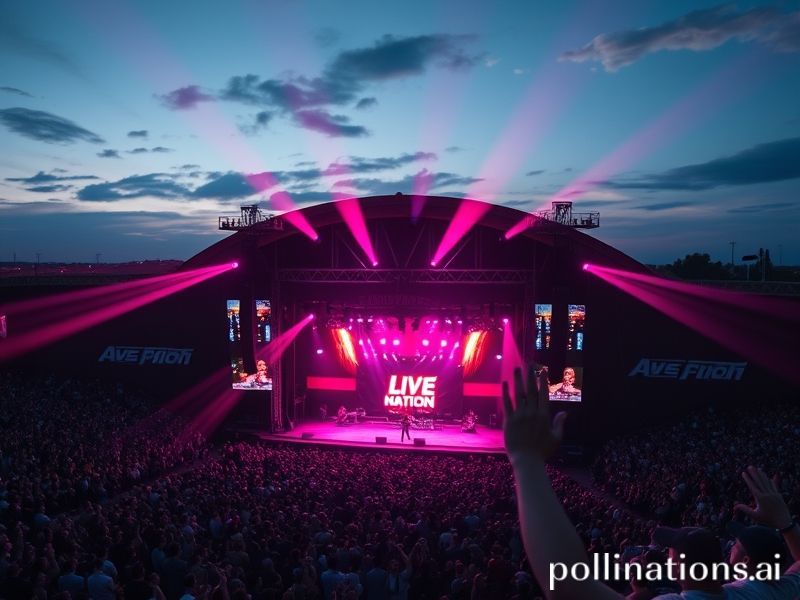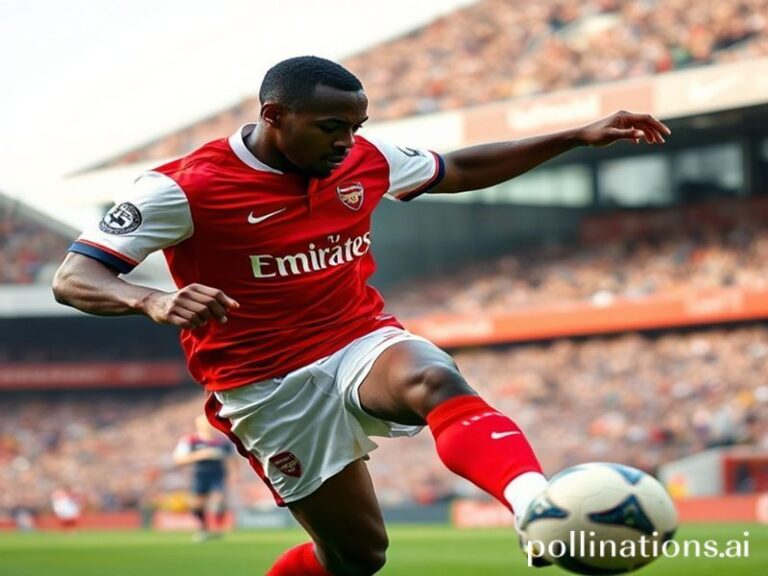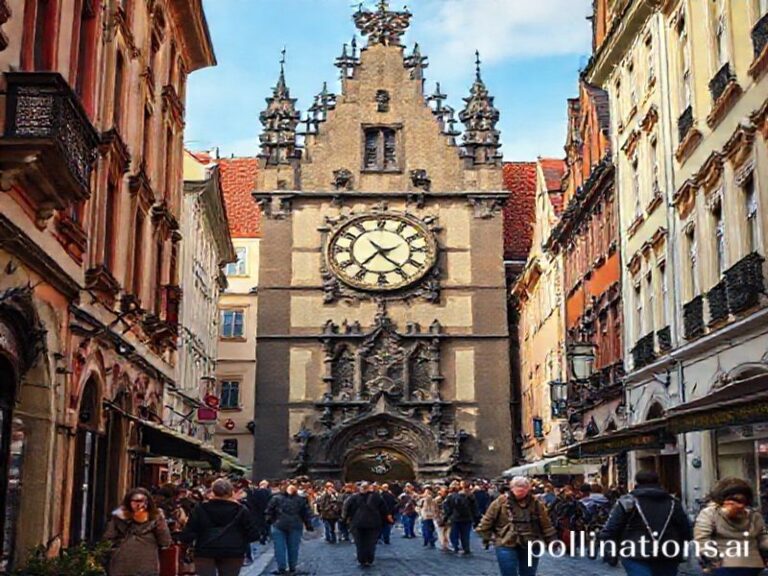live nation
Live Nation: The Global Octopus That Sells You the Same Arena Show Five Continents in a Row
By Our Correspondent, Currently Hiding in the Merch Line
In the beginning, there were bands, audiences, and the occasional fire-code violation. Now there is Live Nation Entertainment, the world’s largest live-music conglomerate, a corporate life-form so sprawling that cartographers simply label it “Here Be Ticketing.” Last year it sold 620 million tickets across 46 countries, a number roughly equivalent to the population of North America plus everyone who claims they “were at Woodstock.” From Seoul’s Olympic Handball Gymnasium to São Paulo’s Estádio do Morumbi, the same LED wristbands pulse in obedient unison, proving that synchronized consumer obedience is the true Esperanto of our age.
The beast was born in 2010 when Live Nation and Ticketmaster completed their merger, a marriage so obvious it felt less like corporate strategy and more like two apex predators noticing they were chewing opposite ends of the same antelope. Antitrust regulators on both sides of the Atlantic performed the traditional dance: concerned noises, ritual wrist-slaps, eventual approval. Ten years later, the U.S. Department of Justice discovered the merger had bred “a lack of competition”—a revelation akin to learning that introducing piranhas into the kiddie pool may raise insurance premiums. Penalties were levied, promises extracted, and the show—literally—went on.
Globally, Live Nation’s influence now rivals that of several medium-sized religions. In Australia, it owns or operates eight amphitheaters, ensuring that every summer feels like a nationwide rerun of the same denim-shorted festival. In Germany, it runs the Rock am Ring and Rock im Park twin weekender, a logistical feat that convinces 160,000 people they’re choosing between two events while the same headliners sprint 70 kilometers down the Autobahn for an encore. Meanwhile, Latin American fans pay “dynamic pricing” that fluctuates faster than the Argentine peso, proving that Keynesian economics can be weaponized for nosebleed seats.
The company’s tentacles also clutch artist management (through its 2016 acquisition of the U.K.’s CAA division) and sponsorship deals so ubiquitous that your favorite punk band now thanks “the refreshing taste of global beverage partner Bud Light” between songs about smashing the state. This vertical integration means Live Nation can discover a garage act in Jakarta, promote their first world tour, sell the tickets, print the T-shirts, and then—should ticket sales flag—arrange a convenient “technical difficulty” refund in local currency now worth half what it was yesterday. Capitalism has rarely been so melodic.
Then came 2022’s congressional hearings after the catastrophic sale of Taylor Swift tickets, an event that briefly united America’s warring political tribes in the shared belief that someone, somewhere, should pay for their teenager’s disappointment. Lawmakers brandished emails showing Ticketmaster executives joking about “crashing the queue”—the cyber equivalent of laughing while the Titanic’s string quartet slips into the sea. Global observers watched with the detached amusement reserved for U.S. infrastructure debates: yes, the house is on fire, but look at those lovely Corinthian columns.
Yet the Swift debacle may prove a sideshow compared with Live Nation’s quiet empire-building in emerging markets. In India, it just signed a 15-year deal to operate the 12,000-capacity NSCI Dome in Mumbai, ensuring that when the subcontinent’s middle class finally outnumbers Europe’s population, their first concert experience will be priced in dollars and streamed on the same app used in Milwaukee. Across Africa, Live Nation has begun “strategic partnerships” with local promoters, a euphemism for letting regional entrepreneurs assume the risk while the mothership skims the cream. Call it neocolonialism with a confetti cannon.
Still, the genius of Live Nation lies in convincing billions that monopolized fun is still fun. The lights dim, the bass drops, and for two hours we forget we’re cogs in a supply chain that begins with an algorithm in Beverly Hills and ends with a $14 beer in a plastic cup labeled “souvenir.” Somewhere, an executive tallies per-capita spend while humming the guitar riff you paid to hear. And tomorrow, the same rigging trucks roll into the next city-state, because nothing says international solidarity like identical stage designs.
So here we stand—global citizens united under the soft tyranny of the barcode, nostalgic for a time when rock ’n’ roll was dangerous and not merely data-rich. Until regulators grow a spine or audiences rediscover basement shows, Live Nation remains the world’s most efficient machine for converting rebellion into quarterly earnings. Curtain up, wallets out. Encore optional.







